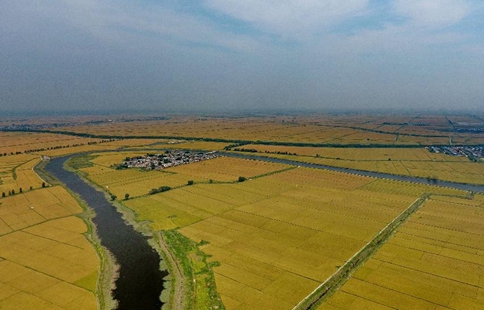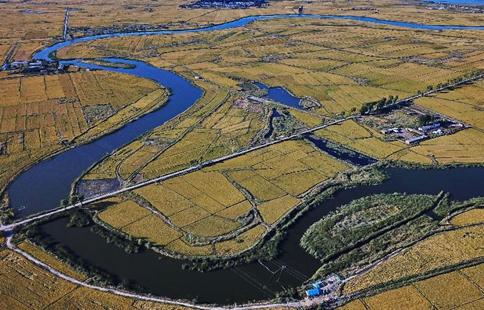HOUSTON, Sept. 18 (Xinhua) -- Researchers of Rice University in U.S. state of Texas will study the short- and long-term impact of extreme flooding in and around Houston during Tropical Storm Harvey.
According to a release by the Rice University on Monday, a project led by Lauren Stadler, an assistant professor of civil and environmental engineering with support from the National Science Foundation (NSF), will take the long view as researchers study the mobilization of chemical and microbial contaminants and how long deposits may persist in impacted areas.
The team will compare Harvey data with studies from previous floods to learn general principles about how disease spreads in their aftermath. They will also look at how microbial communities change as a result of extreme flooding.
The NSF approved 200,000 U.S. dollars Rapid Response Research (RAPID) grant after Stadler applied for it. RAPID grants support research of natural disasters and unanticipated events for which time is a factor in gathering data.
Harvey blew ashore on Aug. 25 as the most powerful hurricane to hit Texas in more than 50 years, displacing more than one million and damaging some 200,000 houses in a path of destruction that stretches for more than 480 km. The Houston area was hit by severe flooding, after receiving about 1.4 meters of rain.
About 36 industrial facilities have reported toxic chemical spills to the National Response, and 13 of these incidents saw spills into adjacent waterways.

















